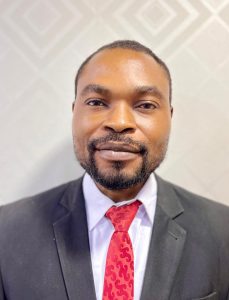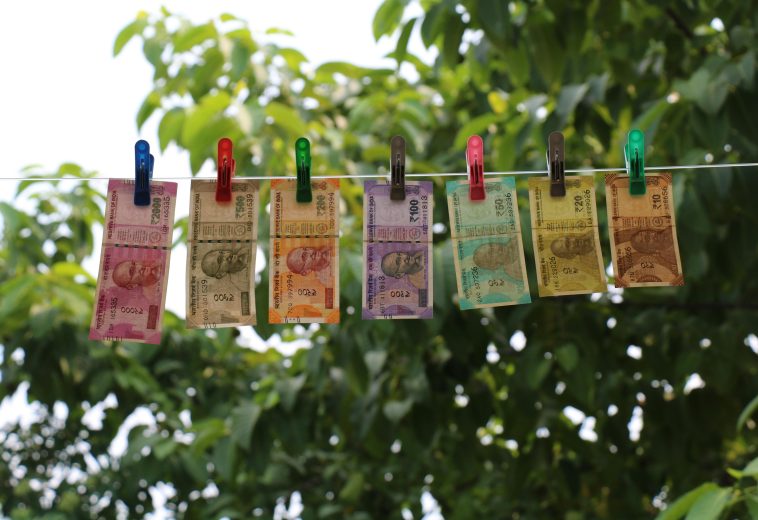Justice for Africa is not merely a slogan; it is a call to action that echoed powerfully in Addis Ababa during the 46th Ordinary Session of the Executive Council of the African Union (AU). At the heart of this gathering was a defining message: reparations for Africans and people of African descent are both a moral imperative and an economic necessity. This session on reparative justice highlighted Africa’s enduring colonial scars and the pressing need to address historical and systemic injustices.
Mr. Claver Gatete, United Nations Under-Secretary-General and Executive Secretary of the Economic Commission for Africa (ECA), delivered a compelling address on the structural inequalities that continue to hinder Africa’s economic growth. From the transatlantic slave trade to colonial-era resource extraction, Africa has suffered relentless economic dispossession. Yet, paradoxically, it remains one of the world’s most resource-rich continents. It holds 30% of the world’s mineral reserves, 40% of its gold, and up to 90% of its chromium and platinum. Additionally, 65% of the world’s arable land lies within its borders. Despite these vast resources, Africa accounts for less than 3% of global trade and only 1% of global manufacturing output—an economic imbalance that calls for urgent redress.
The historical context of this economic injustice is deeply rooted in Africa’s past. The Berlin Conference of 1884–85, orchestrated by European powers, led to the arbitrary partitioning of the continent, disregarding existing ethnic and political boundaries. This facilitated a system of forced labour and ruthless exploitation of Africa’s wealth. Under King Leopold II’s rule, for example, an estimated 10 million Congolese perished between 1885 and 1908 due to brutal colonial policies in the Congo Free State.
Similarly, the transatlantic slave trade, spanning the 16th to 19th centuries, forcibly removed millions of Africans from their homeland, stripping the continent of its human capital and leaving a legacy of suffering. The effects of these atrocities persist today in the form of systemic racism and global economic disparities.
The injustice extends beyond historical exploitation. Africa remains significantly under-represented in international financial institutions. The International Monetary Fund (IMF), for instance, allots the entire African continent the same voting share as Germany, despite its 54 sovereign nations. Additionally, biased credit rating systems label most African economies as high-risk, increasing borrowing costs and deepening cycles of debt.
One of the most striking economic paradoxes discussed during the session was Africa’s disproportionate burden in the fight against climate change. Despite contributing the least to global carbon emissions, Africa bears the brunt of climate disasters, losing up to 5% of its GDP to climate-related damages annually. Yet, from the US$10 trillion invested globally in clean energy between 2015 and 2022, Africa received just 2%. This glaring disparity underscores the need for equitable climate financing mechanisms that recognise Africa’s vulnerabilities and provide substantial funding for adaptation and mitigation.
To address these injustices, Mr. Gatete outlined five crucial pathways:
- Reforming the Global Financial System—Advocating for debt restructuring, fair credit assessments, and greater African representation in global financial decision-making.
- Harnessing the African Continental Free Trade Area (AfCFTA)—Strengthening intra-African trade, industrialisation, and regional value chains in a market of 1.5 billion people with a combined GDP of over US$3 trillion.
- Maximising Resource Value Addition—Shifting from raw material exports to local processing industries that create jobs and economic growth for Africans.
- Engaging the African Diaspora—Mobilising the global African community for economic investment, cultural partnerships, and heritage-based initiatives.
- Fostering Free Movement and Regional Integration—Implementing the AU Protocol on Free Movement of Persons to unlock economic opportunities and unity.
Justice for Africa is not just about historical reparations—it is about reclaiming economic sovereignty, securing fair access to global markets, and dismantling structures that sustain African dependency. As Africa asserts its rightful place on the world stage, the AU’s commitment to reparative justice serves as both a rallying cry and a strategic blueprint. The time for action is now, and the world must listen.
King Richard Igimoh is an award-winning communication strategist with over two decades of experience in the field. He excels in Diplomacy, Journalism, Economic and International Affairs. As the Group Editor and a key member of the management team at the African Leadership Organisation, he continues to contribute significantly to promoting Africa’s dignity and opportunities globally



